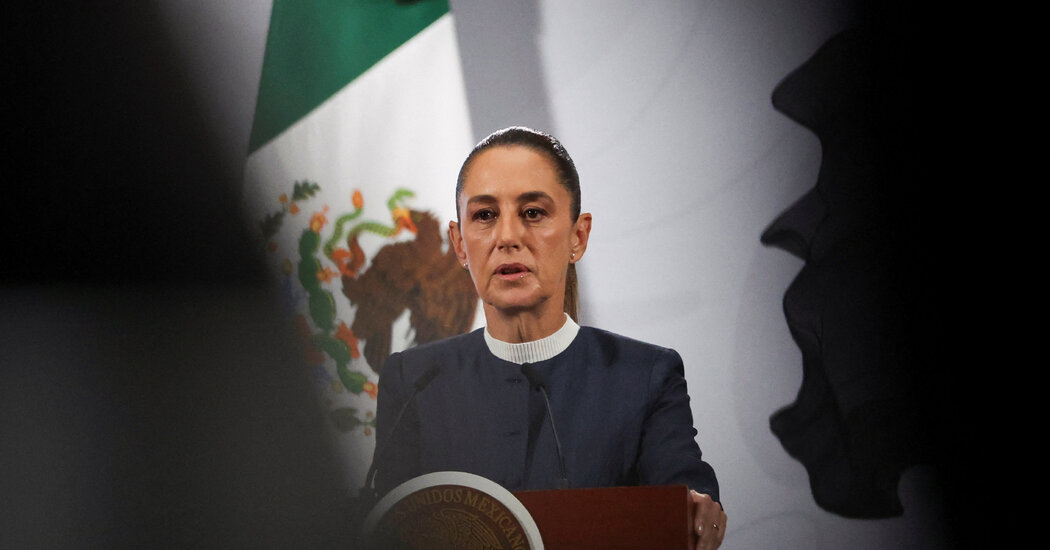Copyright The New York Times

When Claudia Sheinbaum was elected as Mexico’s first female president, many voters hoped that historic moment would represent the beginning of the end of the male-dominated, machismo culture that has long permeated Mexican society. Thirteen months later, Ms. Sheinbaum was groped on the street by a constituent, a stark reminder that — despite her efforts — Mexico still has far to go in its attempts to ensure equality and safety for women. Just how far is now the subject of a national conversation — set off by the assault on Tuesday — about the harassment, abuse and violence that women still face in Mexico. Online, on television and in their homes, women this week expressed indignation that not even the president was safe and resignation that nothing would ever change. Ms. Sheinbaum herself said on Wednesday what many were wondering, asking, “If this can happen to the president, what’s going to happen to all the young women and women across our country?” For many women in Mexico, the crime against the president, during which a man tried to kiss her and put his hands on her chest, was a sad fact of life. Mexico has a long history of machismo, a culture that teaches men they are entitled to control women, according to Mexican activists and female politicians, as well as a system of norms that reinforce inequality and violence.



